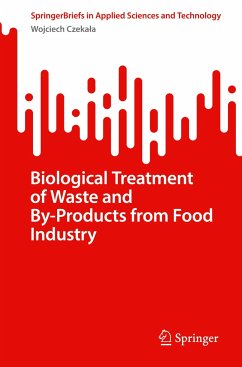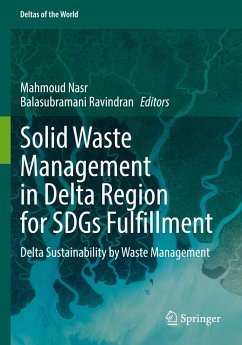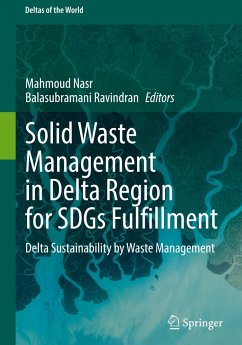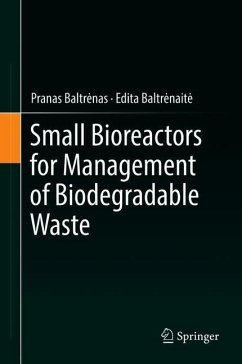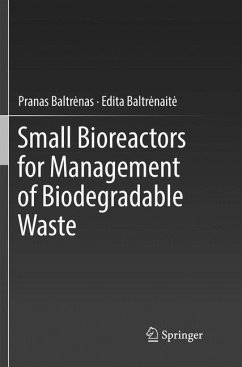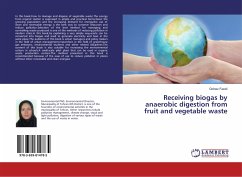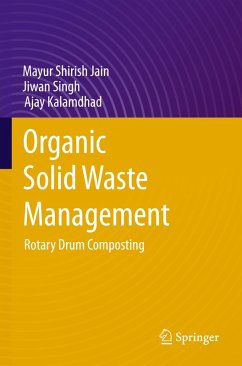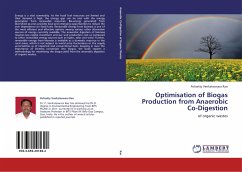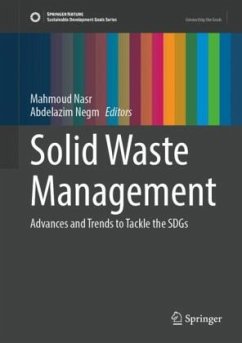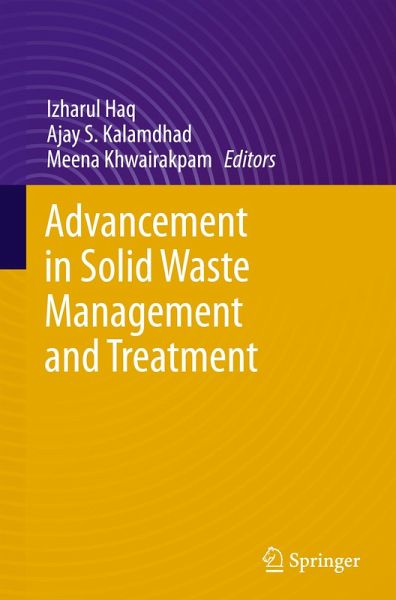
Advancement in Solid Waste Management and Treatment

PAYBACK Punkte
61 °P sammeln!
Sludge from water and wastewater treatment facilities, solid waste, and contamination of natural water resources have emerged as major problems in emerging nations. Urbanization, industrialization, population growth, and other human-caused phenomena are the main causes. One of the biggest obstacles to the environment's sustainable development is the rate at which solid waste is increasing. Unmanaged solid waste and sludge from wastewater and water treatment facilities may be the source of environmental issues and health risks. The book emphasizes the value of utilizing recycled materials while...
Sludge from water and wastewater treatment facilities, solid waste, and contamination of natural water resources have emerged as major problems in emerging nations. Urbanization, industrialization, population growth, and other human-caused phenomena are the main causes. One of the biggest obstacles to the environment's sustainable development is the rate at which solid waste is increasing. Unmanaged solid waste and sludge from wastewater and water treatment facilities may be the source of environmental issues and health risks. The book emphasizes the value of utilizing recycled materials while presenting innovative techniques and technological solutions to address the issues described above. The majority of developing nations are able to implement waste treatment technologies, such as composting, anaerobic digestion, plastic recycling, and the use of agricultural waste in construction, because they are affordable, environmentally friendly, and generate economic returns. The book's objective is to assist all those working in the world's top academic and research institutions who are engaged in teaching, research, and solid waste management, water, and wastewater treatment studies. Future researchers, scholars, scientists, and professionals in the domains of environmental science and engineering, as well as international and local authorities and policy makers in charge of the management of solid wastes and sludge, will find this book to be of immeasurable value. Universities throughout the world can create fresh prospectuses on environmentally friendly and sustainable waste and sludge management that connect to the book's theme. This book can be a very helpful resource for creating and managing initiatives for recycling and trash reuse.



